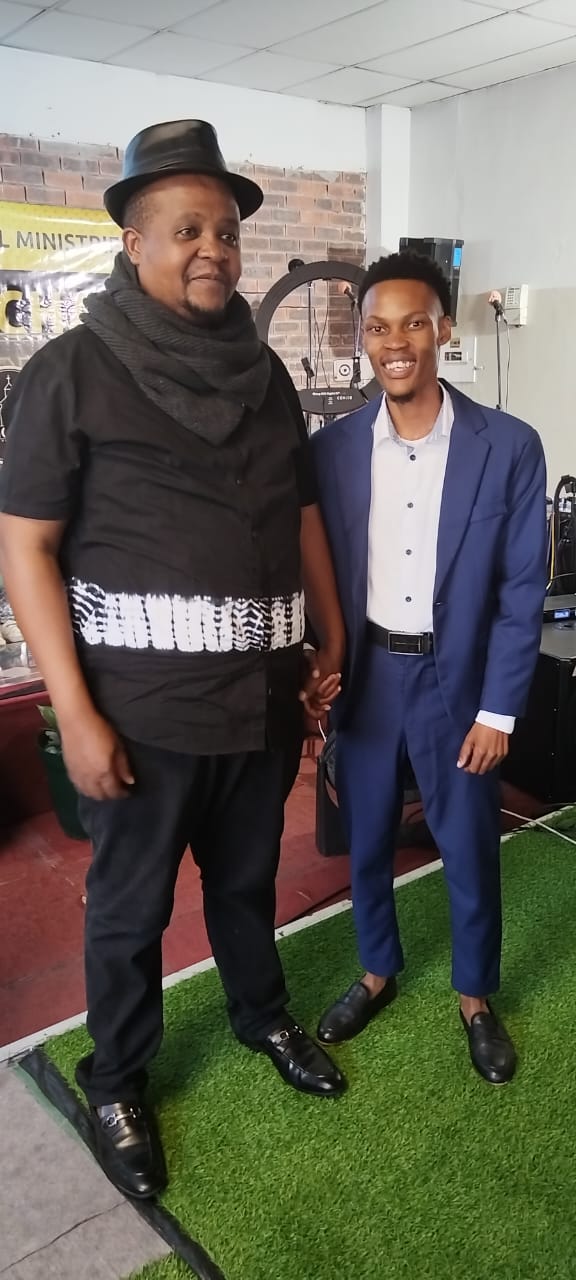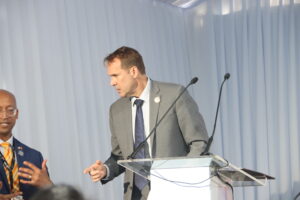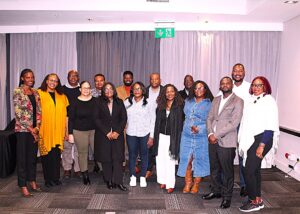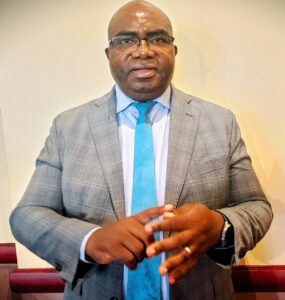From humble beginnings to transformational impact
Leadership is not a title you wear or a position you hold—it is a calling lived out through grit, purpose, and the daily commitment to uplift people. Few have embodied this truth as powerfully as Timothy Mvenge, whose story of turning around Fincor Finance Ltd—then a struggling subsidiary of Barclays Bank in Bulawayo, Zimbabwe—is a compelling portrait of what real leadership looks like in action.
Born in rural Chivhu, Mvenge’s beginnings were far from privileged. Yet his trajectory—rising from Branch Manager at Barclays Bank Zvishavane to CEO of Fincor Finance—proves that one’s origins need not determine one’s destiny. Along the way, he sharpened his skills at the very heart of international finance, undergoing intensive leadership training at Barclays Bank’s Head Office in Fenchurch Street, London. But it was back in Zimbabwe, amid real-world pressures and people’s aspirations, that his leadership truly took shape.

The solitude and resolve of real leadership
Inheriting an institution in decline, Mvenge stepped into a role that demanded solitude and strength. Leadership, he discovered, is often a lonely path—filled with difficult decisions and moments when only vision keeps you going. But solitude didn’t shake him. It clarified him. He never sought popularity; instead, he stood firm on the values of accountability, trust, and results—even when those values unsettled others. His focus wasn’t applause—it was alignment.
Turning failure into fuel
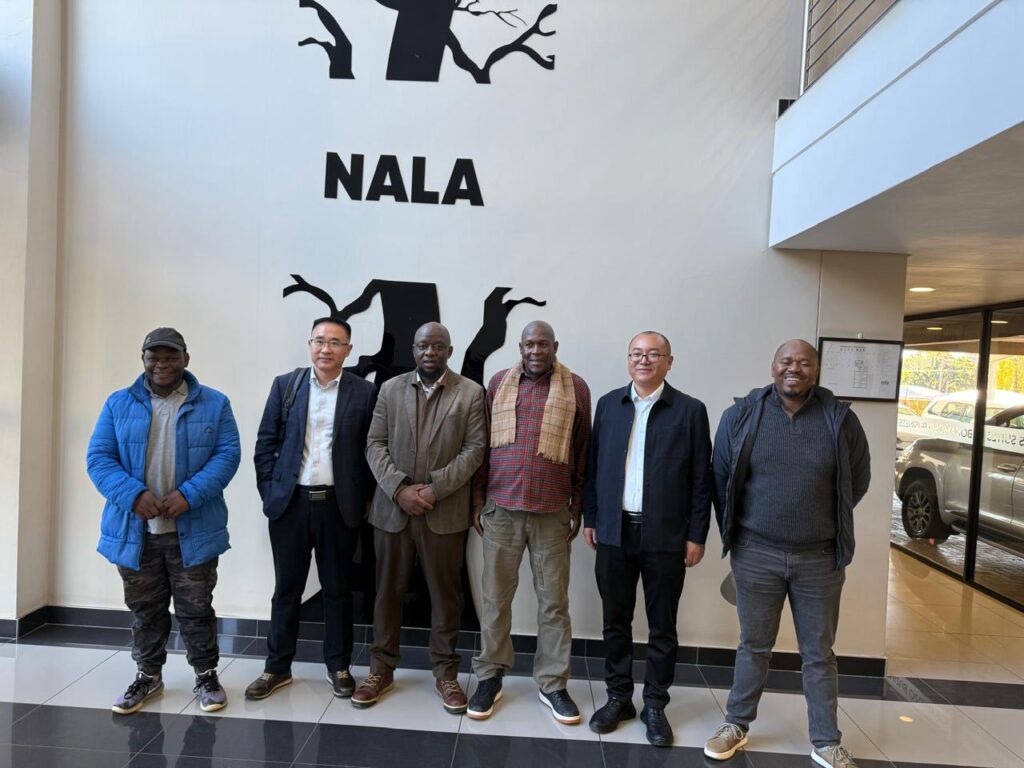
Mistakes, far from being buried, were embraced. He treated Fincor’s setbacks as raw material for innovation. Failure, in his hands, became fuel. And while others may have sought instant outcomes, Mvenge understood that real, sustainable success unfolds over time. Patience, persistence, and people became the pillars of his approach.
Visible leadership and modelled values
What made his leadership resonate so deeply was his ability to lead by example. He wasn’t a distant figurehead—he visited remote branches, engaged with clients directly, and walked the talk of service. His leadership was visible, lived, and unmistakably sincere. Perhaps one of his greatest strengths was his ability to say no. He refused to be sidetracked by shortcuts or outdated mindsets, instead choosing a disciplined focus on what truly moved the organization forward.
Building a culture of feedback and constructive conflict
He embedded feedback into the rhythm of the company’s life, turning it into a tool for learning rather than a trigger for fear. Whether in weekly reviews or in “customer story circles,” Mvenge created an atmosphere where honest dialogue bred innovation and trust. Even conflict was welcomed—not for division, but for growth. He tackled tough issues head-on, believing that resolution, not avoidance, built real cohesion.
Time management and strategic delegation
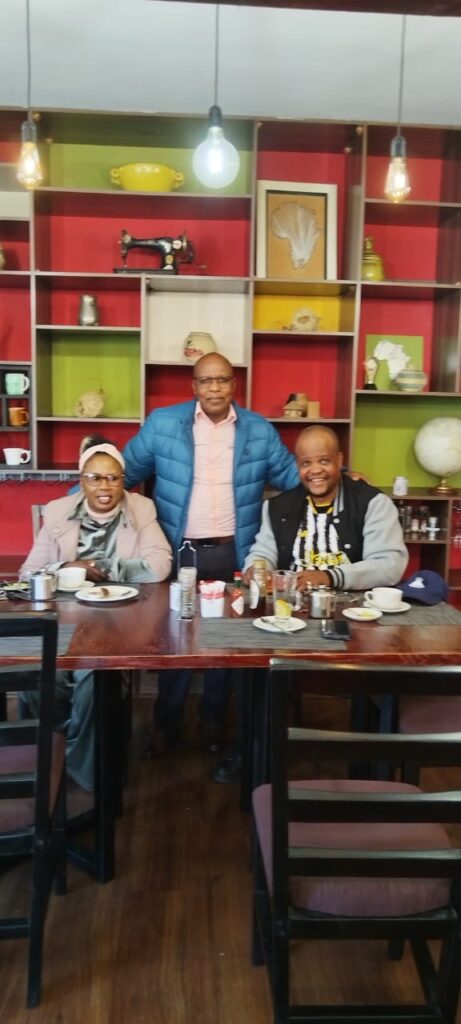
Aware of the finite nature of leadership time, Mvenge delegated intentionally. He flattened hierarchies, empowered others to take charge, and ensured his own energy was invested where it mattered most. In doing so, he created space for emerging leaders and nurtured a culture of shared ownership.
The human side of leadership
And he never lost sight of the humanity behind the hustle. Mvenge understood that exhausted leaders build exhausted teams. He championed wellness days, recognized birthdays, and celebrated personal milestones. These were not distractions—they were investments. Because he believed, rightly, that well-cared-for people create world-class results.
More from Africa News 24
The day Tawanda changed Chikomo – by Dr Ted Msipa (PhD)
The P-E-O-P-L-E model in action
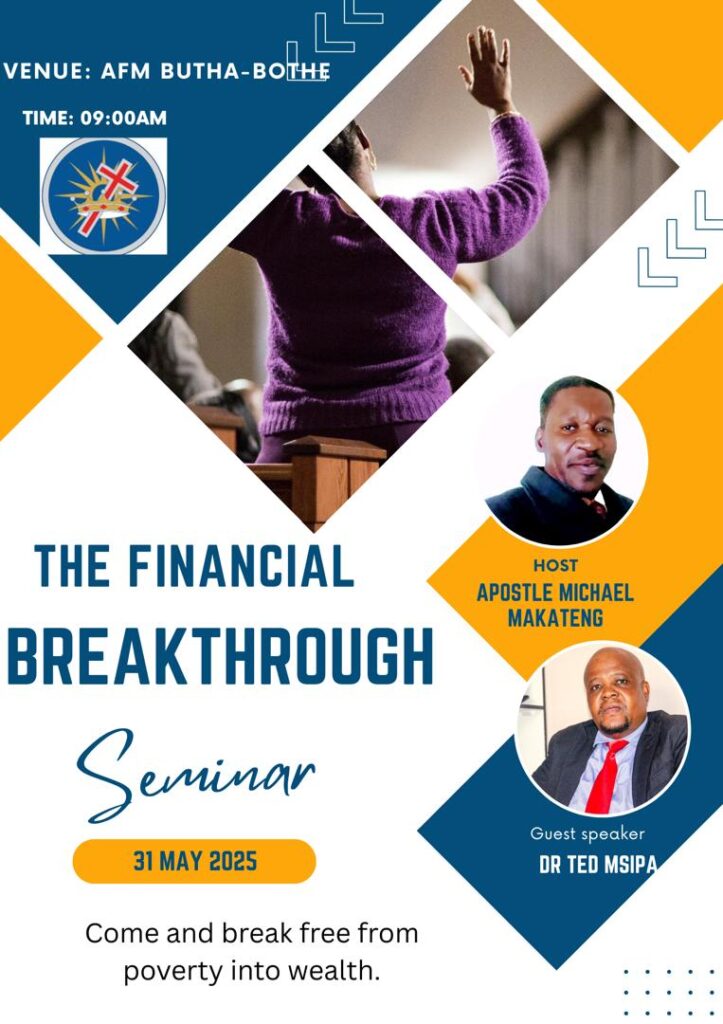
His secret lay not only in what he did but in how he did it—through the powerful P-E-O-P-L-E Leadership Model: Purpose, Empowerment, Ownership, Performance, Learning, and Engagement. These were not corporate buzzwords. Under his guidance, they became cultural anchors. Purpose gave the team direction. Empowerment unleashed creativity. Ownership brought responsibility. Performance became a way of life. Learning created agility. And engagement connected hearts to the mission.
People weren’t just employees under Mvenge’s leadership—they were partners in transformation. He showed that the real heart of leadership is found not in profit margins or press releases, but in human dignity and shared growth.
Final reflections: the courage to lead
Leadership, as his journey reveals, is not for the faint-hearted. It demands authenticity, resilience, and the courage to face practical realities head-on. Mvenge’s ascent was not scripted by privilege but carved through intention. His background did not hold him back—it was the very soil from which his greatness grew.
His life shouts a powerful truth to every aspiring leader: Your background doesn’t limit you. Your beliefs, your courage, and your choices do.
So if you’re called to lead, let Mvenge’s story guide you. Lead with vision. Lead with values. Lead with people.

Dr Ted Msipa is Pastor, Author, Visionary, Entrepreneur and Public Speaker based in Maseru, Lesotho. He is a leading voice in leadership, personnel development, organisational thinking, transformational leader and people builder in sub-Sahara Africa and Beyond. He writes here in his personal capacity and views shared here do not necessarily reflect those of Africa News 24. Dr Ted can be reached on Coachted117@gmail.com or on +266 63177309.






